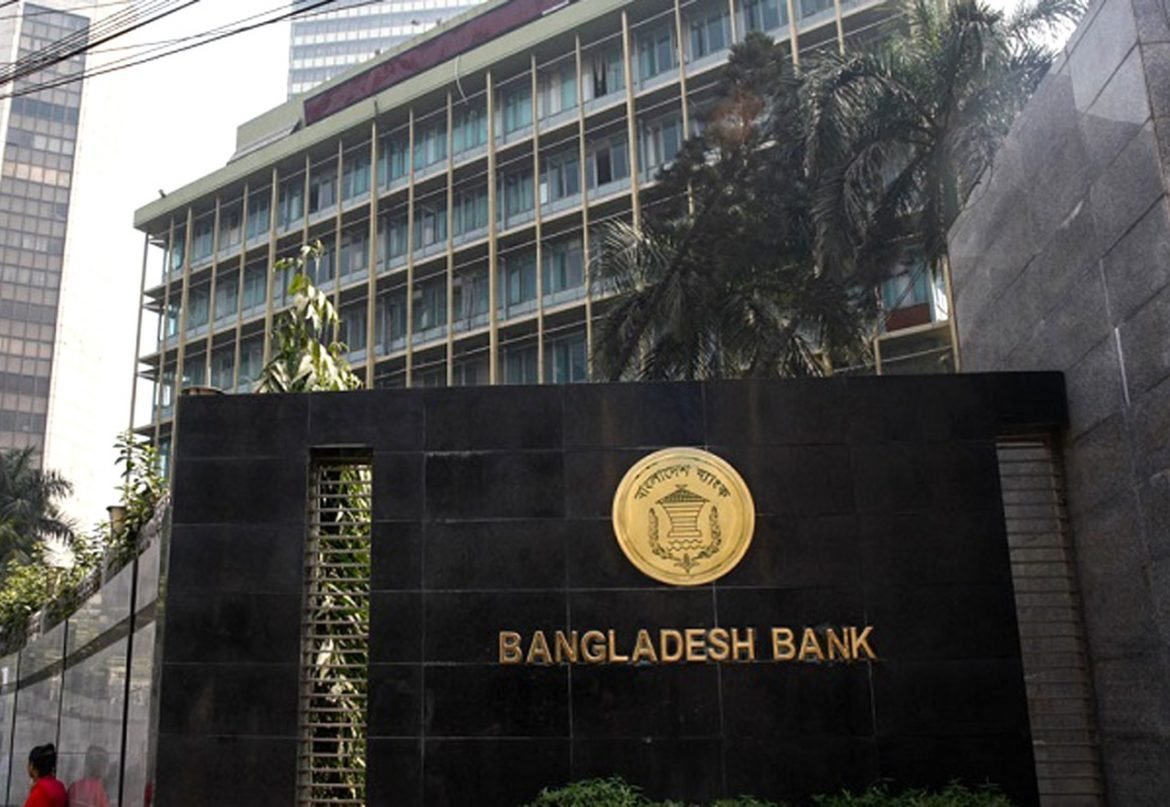The Bangladesh Bank (BB) has called for deducting tax at a prescribed rate, which is 25 per cent, from the income of foreign persons or organizations residing in the country; and domestic entrepreneurs, organizations receiving various services from organizations abroad.
These include receiving advice services from non-residents, advertising bills, promotion and marketing. The fees for these services are paid in foreign currency. From now on, BB as the central bank will deduct tax at this fixed rate against these service fees.
At the same time, in case of irregularities in the tax rate, additional tax at the rate of two percent per month will be deducted. On February 9, the Foreign Exchange and Policy Department of BB issued a circular in this regard.
- Foreign individuals, businesses to pay 25% tax against outward remittances
- Banks cannot lend over 25% of the capital of a single customer or a group
- According to type of service, minimum 15% to maximum 30% tax can be deducted from a foreign person or organization’s income in that sector
The circular was sent to the authorized dealer banks engaged in foreign exchange transactions attached with a letter containing instructions from the National Board of Revenue (NBR).
The NBR letter says that in case of sending invoice price to non-residents, the remaining amount can be sent by deducting tax on the amount applicable. In case of sending the full bill to the non-resident, tax has to be deducted and paid on the calculated bill considering the applicable tax. At the same time, the amount of tax deducted and deposited in case of payment of invoice has been explained with formula. In addition, tax rates have been clarified as applicable against the amount payable in certain sectors.
According to the NBR’s new calculation, if a foreign person or organization wants to return 100 taka of income, the authority will deduct 20 taka as tax and 60 taka as outbound remittance. However, if a foreign person or organization wants to send the whole 100 taka abroad, then he has to pay 25 per cent tax separately.
According to section 57 of the Income-tax Ordinance, 1984, if the tax deducted or collected is credited in favor of the sender, it will be deemed that no tax has been deducted from the remittance. In addition, there is a need for certification by the NBR regarding the application of different tax rates depending on the place, time and service recipient and if any irregularity is observed, additional tax payment at the simple rate of 2% per month will be applicable.
In addition, no bank can lend more than 25 per cent of the total capital to a single customer or group, funded or non-funded. Until now, there was an opportunity to give loans up to 35 per cent. A bank lending 10% of single customer or group’s capital is considered as a large loan. So far, there have been instructions on the credit limit of a single customer, but it has not been specified how much loan can be given. In this way, one bank could give big loans to more than one customer. However, from now on, they will not be able to pay more than 25 per cent of the total capital.
The Director General of BIDA said that, “the overall burden of corporate tax rate in the country stands at 40-45% due to other taxes including advance income tax and source tax, where the average global corporate tax rate is 21-24%. It is 20% in Vietnam, 25% in Indonesia and 24% in Malaysia. This new action will provide in the country’s remittance and nurture the economy”. He proposed to reduce the corporate tax rate for non-listed companies from 30% to 28% in the next budget.
A circular point to be noted, according to the type of service, a minimum of 15 to a maximum of 30 per cent tax can be deducted from the income of a foreign person or organization in that sector.


